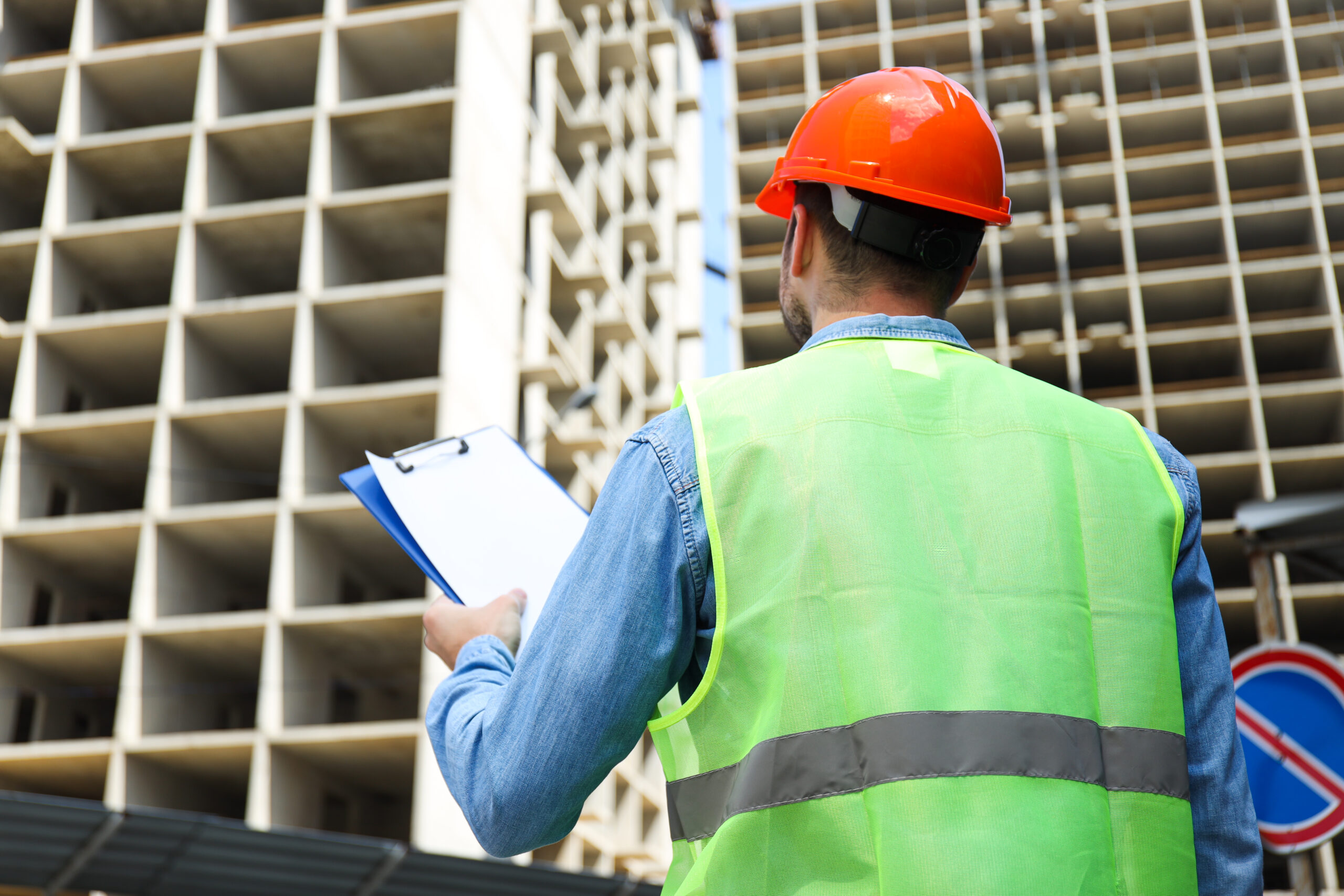
The Value of Condition Assessments
Every building, whether residential, commercial, or institutional, requires ongoing evaluation to ensure safety, compliance, and long-term performance. A condition assessment is a systematic review of a property’s structural, mechanical, electrical, and architectural elements to identify deficiencies and forecast future repair or replacement needs.
In Toronto and across Ontario, property owners, managers, and boards rely on licensed engineering firms to conduct these assessments. By providing clear, unbiased evaluations, engineers help stakeholders make informed decisions, allocate budgets wisely, and maintain property value.
What Engineers Provide in Condition Assessments
Structural Reviews
Building Envelope & Facade Inspections
Mechanical & Electrical System Evaluations


Interior & Common Area Inspections
Foundation Inspections
Reporting & Recommendations
Why Condition Assessments Are Essential
Safety Assurance – Identifies risks that could endanger occupants or the public.
Regulatory Compliance – Ensures properties align with Toronto bylaws and Ontario Building Code standards.
Financial Planning – Provides cost forecasts for upcoming repairs and replacements.
Liability Protection – Documents due diligence in maintaining safe building conditions.
Property Value Preservation – Maintains long-term structural integrity and market value.


Local Context: Toronto & Ontario
Toronto’s real estate landscape includes aging condominiums, historic buildings, and modern high-rises—all of which benefit from condition assessments to remain safe and compliant. Across Ontario, climate-related challenges such as freeze-thaw cycles, heavy snow, and soil movement accelerate wear on structures, making building condition assessments in Ontario a vital part of property stewardship.










